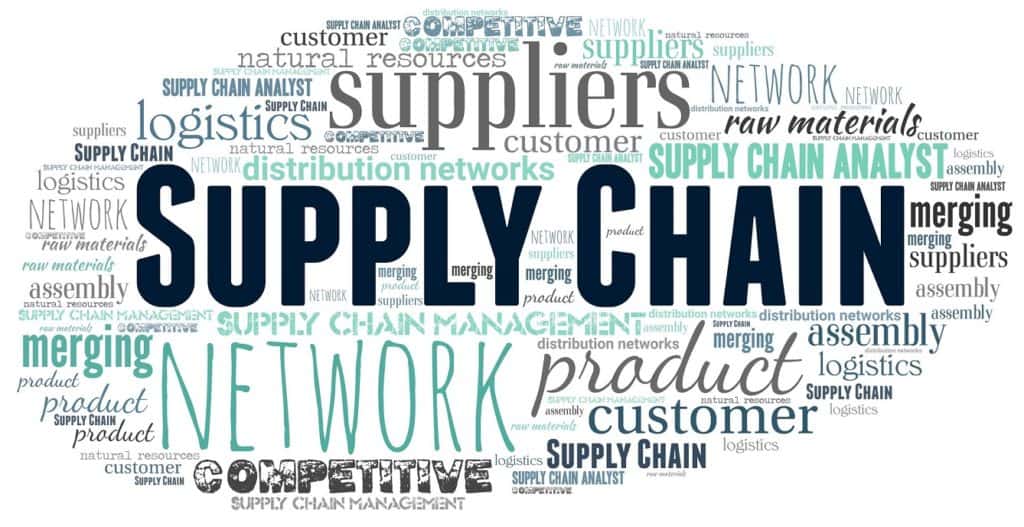Deglobalization in supply chains and changing consumer behaviour caused by the pandemic are likely to continue for a long. COVID-19 to have a lasting impact on the Grain sector.
Change in Consumer Behavior
Grain and oilseed analyst for Rabobank, Stephen Nicholson reported seven areas that will suffer lasting impacts of the pandemic. The study reveals that the most impactful change has been in the eating habits. Around 51% of US consumers dined out before the coronavirus catastrophe. However, with the closure for public food services and accelerating fear of the virus, the number reduced to 5%. There was another drastic change caused by the pandemic in consumer behaviour. People started buying more flour and baked products, including pasta, cereals, and other oil seed related products, reducing the demand for meat, dairy, fresh produce. The habits are expected to change past the pandemic.

Countries Altering Supply Chains Amid Concern over Food Security
Nicholson mentioned that the pandemic has caused the countries to change their grain supply in the view of food security. For instance, China has increased its corn and soybean imports by vast amounts for building grain reserves. Other countries are following a similar trend. But the intention to build up extensive inventories of grains and oilseeds can act as a cloud on the market. The countries turning inward while promoting domestic production for self-sufficiency will hurt the competitive advantage of major exporting countries. It will accelerate government intervention and thus will lead to deglobalization.
The livestock sector is also witnessing contraction owing to a drop in demand for food services.
Impact on Energy Sector
The fuel sector was witnessing a downward trend owing to decreased consumption before COVID-19 as well. However, with the onset of the pandemic, people travelled and vacationed less, spending their leisure time at home. While there is a slight decrease in biofuels and gas consumption, for now, the cold and flu season and rising people’s concern for a second spike could keep them away from travelling fro a long time. This will harm the energy sector in the long term.
Increasing Investment in Digital Supply Chains
The report also mentions about the changing trend in agriculture supply, which is becoming more digital. Farmers are coming ahead to collect, manage, and share information on E-commerce platforms. Nicholson noted that this change might offer opportunities to forward-thinking companies involved in grain supply and farm input supply chain.
The report concluded that supply chains would become shorter as a result of the pandemic.